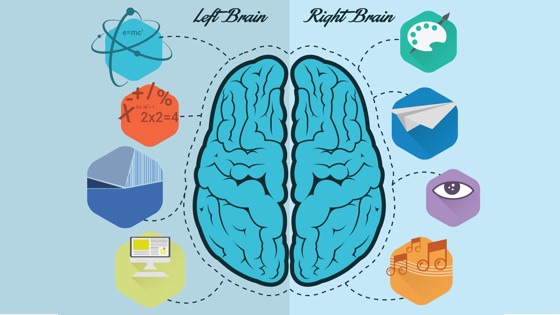
The goal of study is not simply to absorb a lot of new information. You want to process and assimilate it, then apply it to your life and work. If you don’t cultivate insights from what you take in, then the value of stimuli in your life decreases dramatically. Taking good notes on your observations, insights, and experiences with a reliable thought-capture system prevents them from disappearing into the ether.
Staying alert and paying attention to how you’re reacting to an experience, a book, or a conversation also forces you to stay out of ruts that could prevent creative insights. Rather than mindlessly moving through your day, you can actively engage by learning to reflectively ask questions and record your responses. Here are some questions that can serve as a starting point for making your notes more effective:
Are there any patterns in what you’re experiencing (or reading) that are similar to something else you’re working on?
Often the solutions to your problems will come in the form of analogy or metaphor. If you look for similarities between your day-to-day experiences and the problems you’re working on, you may find unexpected connections. Even works of fiction, movies you watch, or conversations you have may contain patterns that can be helpful in solving your creative problems. You just need to be mindful to watch for them and take good notes when you notice them.
What do you find surprising about what you’re experiencing?
Surprise can be an indicator of an entrenched belief that needs to be challenged. You should pay attention to surprises throughout your day because they may mark pathways to insight that are as of yet unexplored. Surprise reactions can also illuminate areas of curiosity for potential further study.
What do you like about what you’re experiencing and why?
Exploring your personal preferences can be a great way to understand your habits or creative tendencies. You should aspire to stay actively aware of your preferences.
What do you dislike about what you’re experiencing?
Sometimes your reaction against something will yield helpful insights, especially if it reveals assumptions you’re holding on to about the way things “have to be.”
In addition to making good observations and regularly recording them, you should also make a practice of regularly reviewing your notes to see if there are any potentially applicable insights.
* Source: The Accidental Creative by Todd Henry
